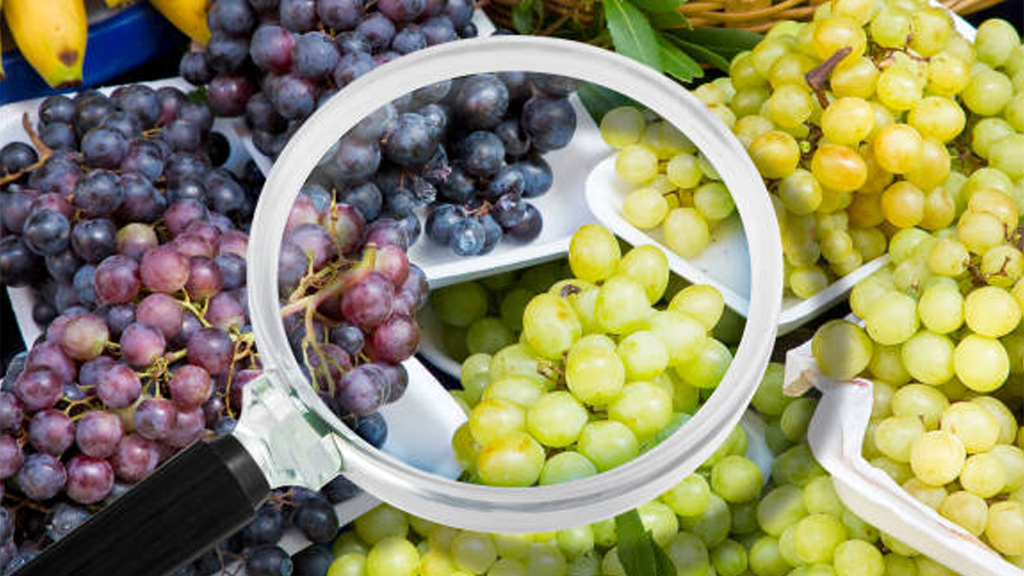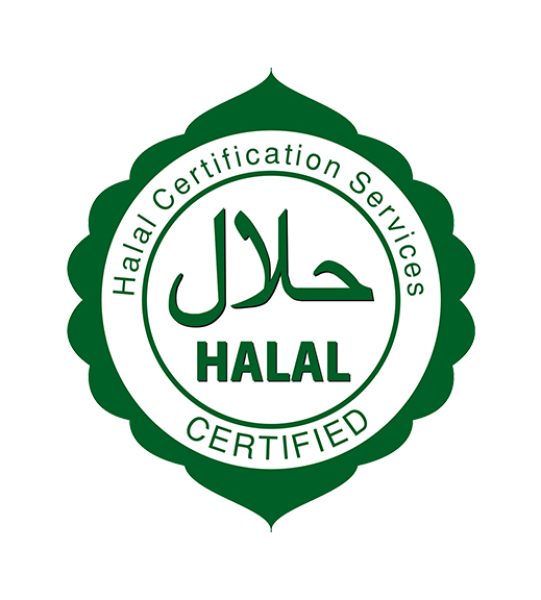
HACCP (Hazard Analysis and Critical Control Points)
Systematic approach to food safety management. It is a preventive system that helps identify, evaluate, and control food safety hazards in all stages of food production, from production and processing to distribution and consumption. Involves identifying and assessing potential hazards associated with the food product and the processes used to produce it. Hazards can be biological (e.g., bacteria), chemical (e.g., toxins), or physical (e.g., foreign objects).

Critical limits are the criteria that must be met at each CCP to ensure food safety. These limits are often based on scientific and regulatory standards. If a parameter goes beyond these limits, corrective actions must be taken.
Regular monitoring of CCPs is essential to ensure that critical limits are consistently met. This involves measuring and recording data at each CCP.
Verification activities are conducted to confirm that the HACCP system is working effectively. This may include reviewing records, conducting periodic audits, and testing products.


